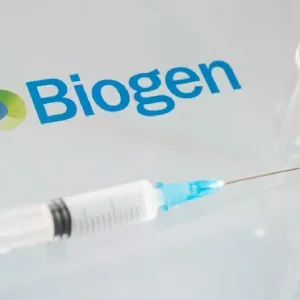Ireland-based Prothena has announced that Bristol Myers Squibb has exercised its option under their global neuroscience research and development collaboration to obtain exclusive worldwide commercial rights to PRX005 for $55m.
PRX005 is an anti-tau antibody that specifically targets a region in the microtubule binding region (MTBR) of tau to potentially treat Alzheimer’s disease.
Tau is a microtubule-related protein that collects and hyper-phosphorylates in Alzheimer’s disease patients’ brains to form pathological neurofibrillary tangles. These tangles cause Alzheimer’s disease neurodegeneration and cognitive impairment.
In various preclinical studies, PRX005 showed its ability to bind, intercept, and block pathogenic tau’s cellular internalisation. It also lessened downstream neurotoxicity in comparison to other anti-tau antibodies, Prothena claimed.
Bristol Myers Squibb senior vice president and neuroscience thematic research centre head Richard Hargreaves said: “PRX005, identified and developed by Prothena through our partnership, has the potential to provide a meaningful disease-modifying treatment option for the millions of people that suffer from Alzheimer’s disease.
“PRX005 becomes a key component of our commitment to the Alzheimer’s disease community and our neuroscience portfolio, and we look forward to continuing its development.”
This research and development collaboration between the parties is focused on three proteins involved in the pathogenesis of many neurodegenerative diseases, including tau, TDP-43, and an undisclosed target.
The US pharma major has already exercised its option of the US license for PRX005 in June 2021.
For a total of up to $2.2bn, which also includes the sums already received, Prothena is eligible to collect up to an additional $160m for US rights, up to $110m for global rights, and up to $1.7bn in regulatory and commercial milestone payments.
Prothena CEO and president Gene Kinney said: “Earlier this year, as part of our collaboration with Bristol Myers Squibb, we announced topline data from the single ascending dose portion of the Phase 1 clinical trial showing that PRX005 across three dose cohorts was safe and well tolerated with expected pharmacokinetic properties, meeting the primary objectives of the study.
“We are proud of our pioneering role in targeting this key region within the MTBR of tau and excited that Bristol Myers Squibb have exercised their option for worldwide rights to PRX005.”






